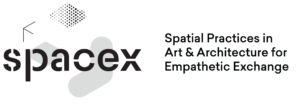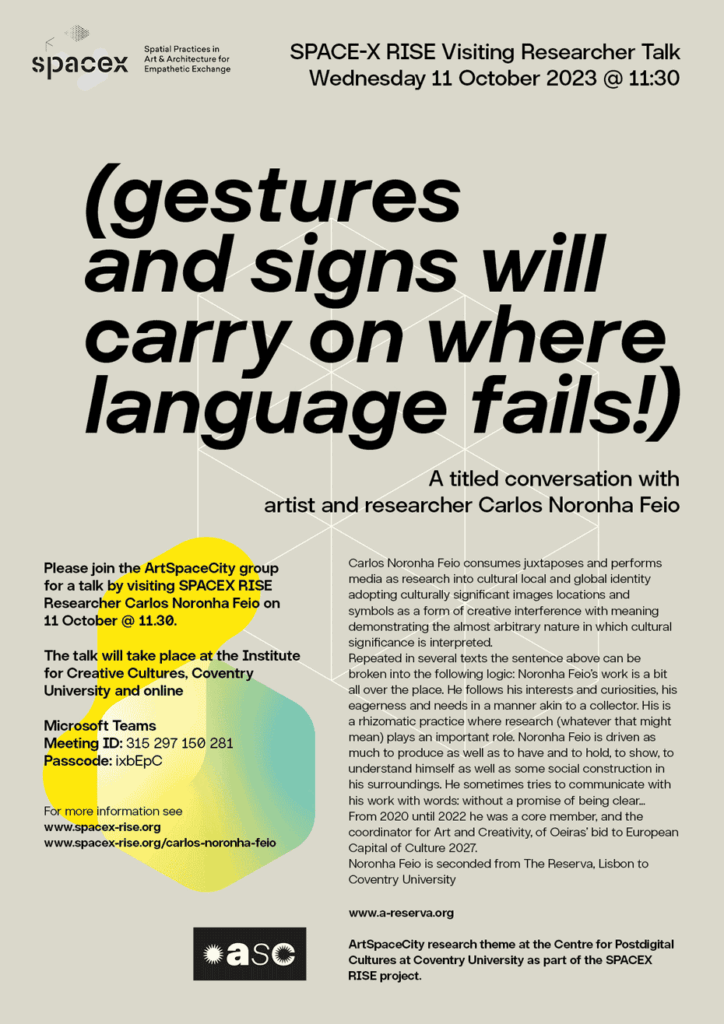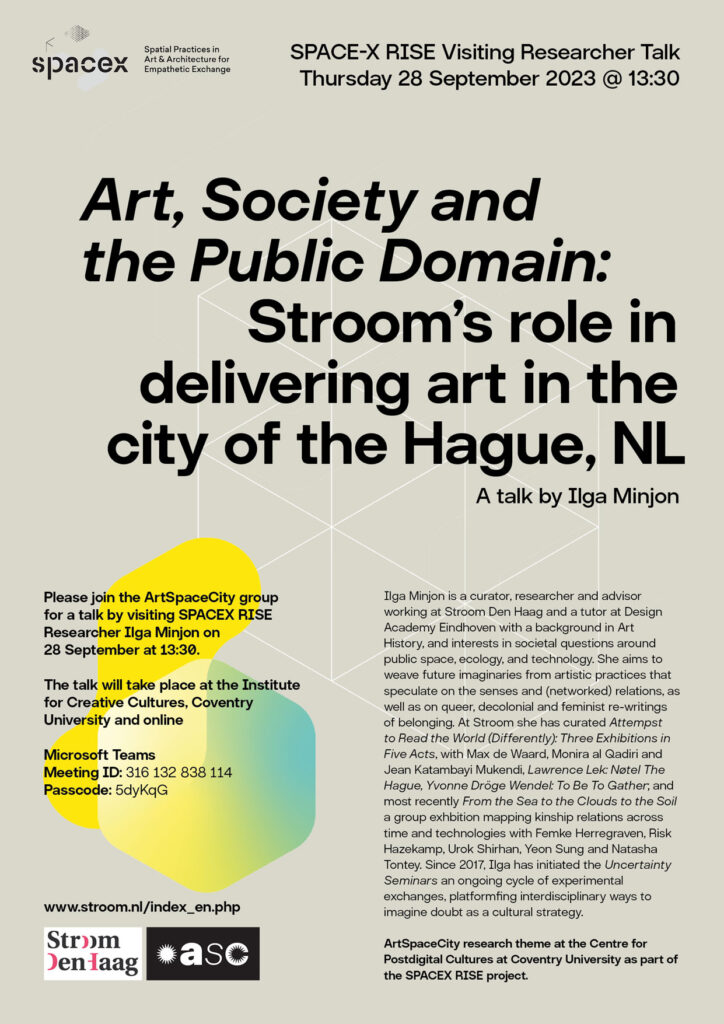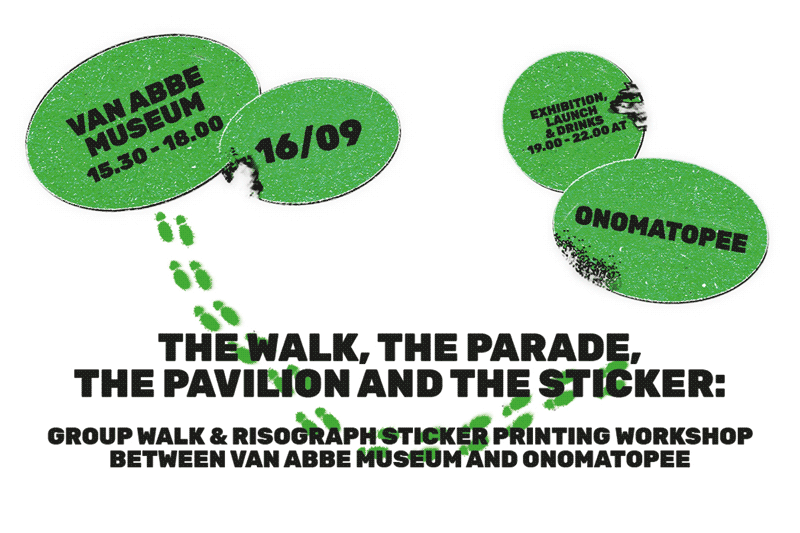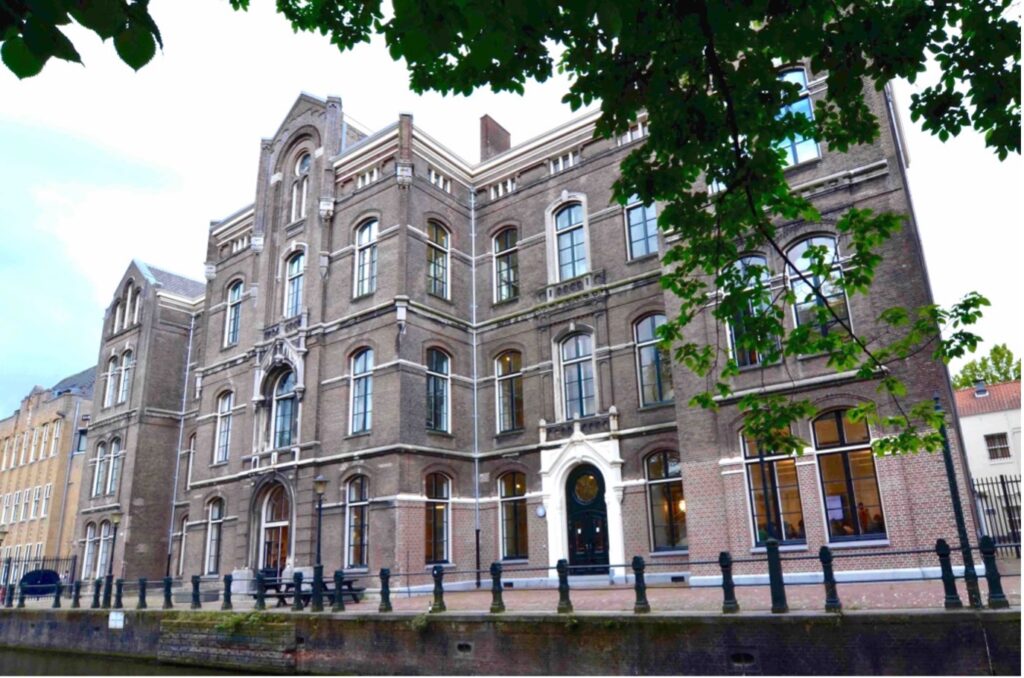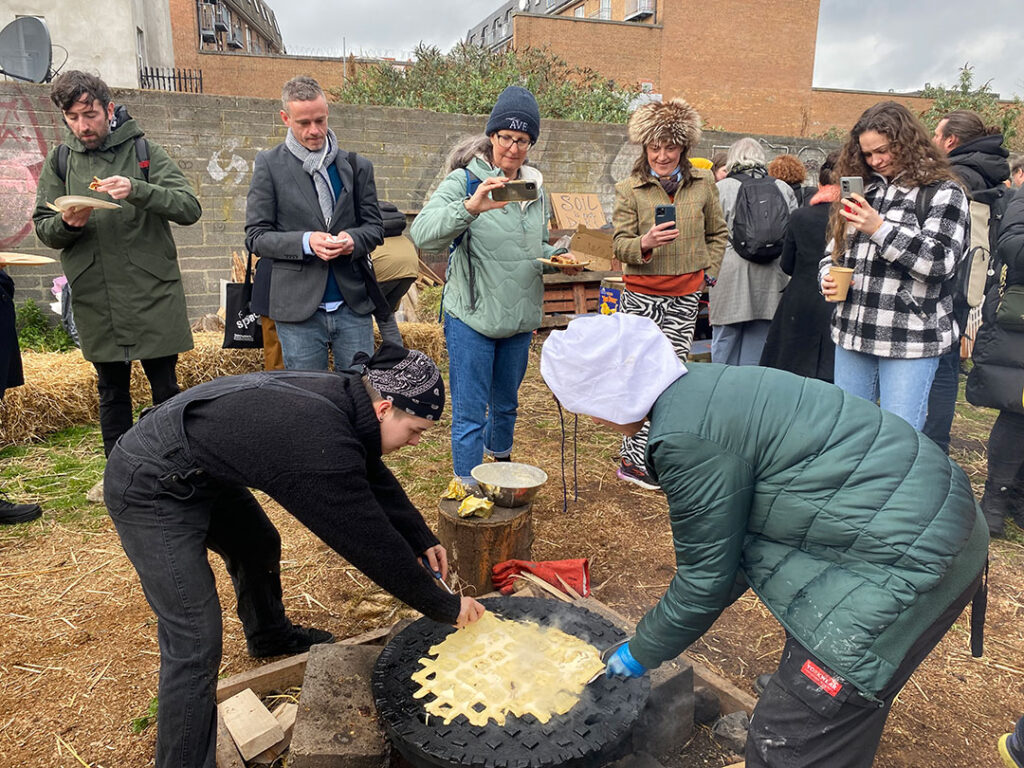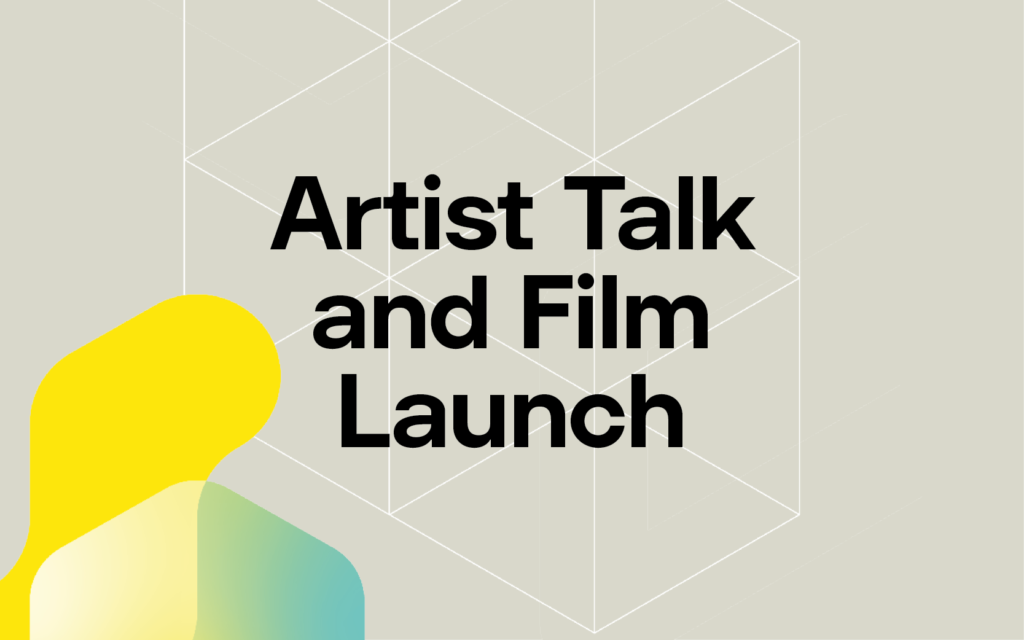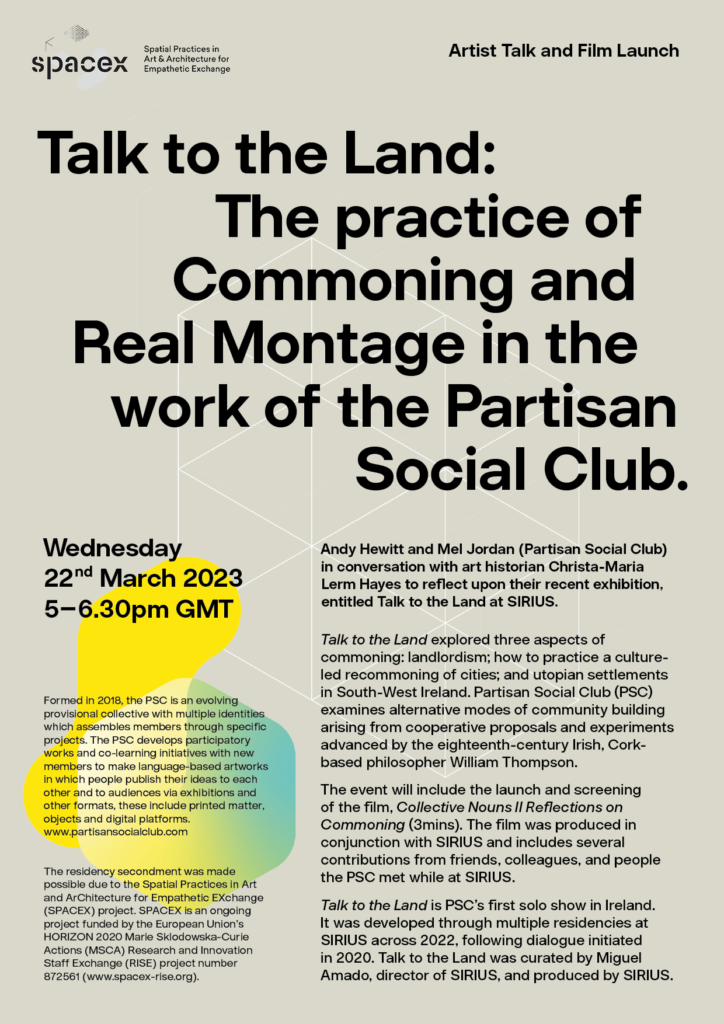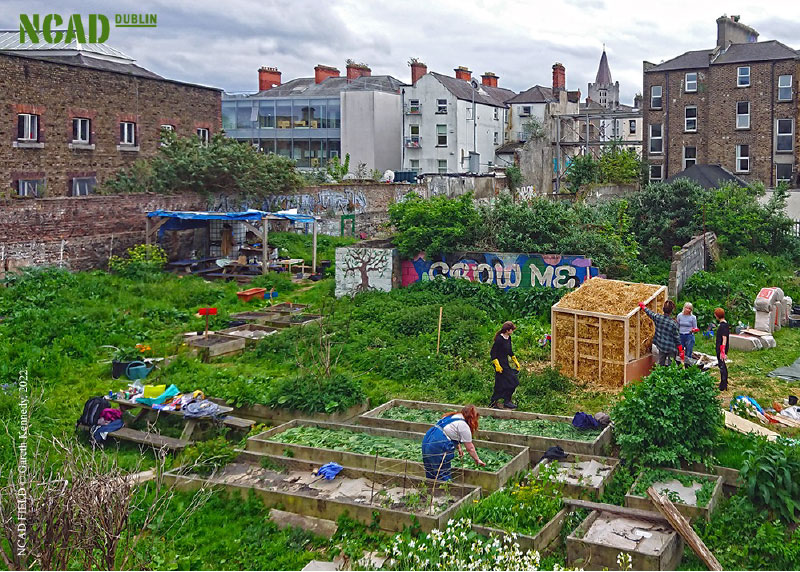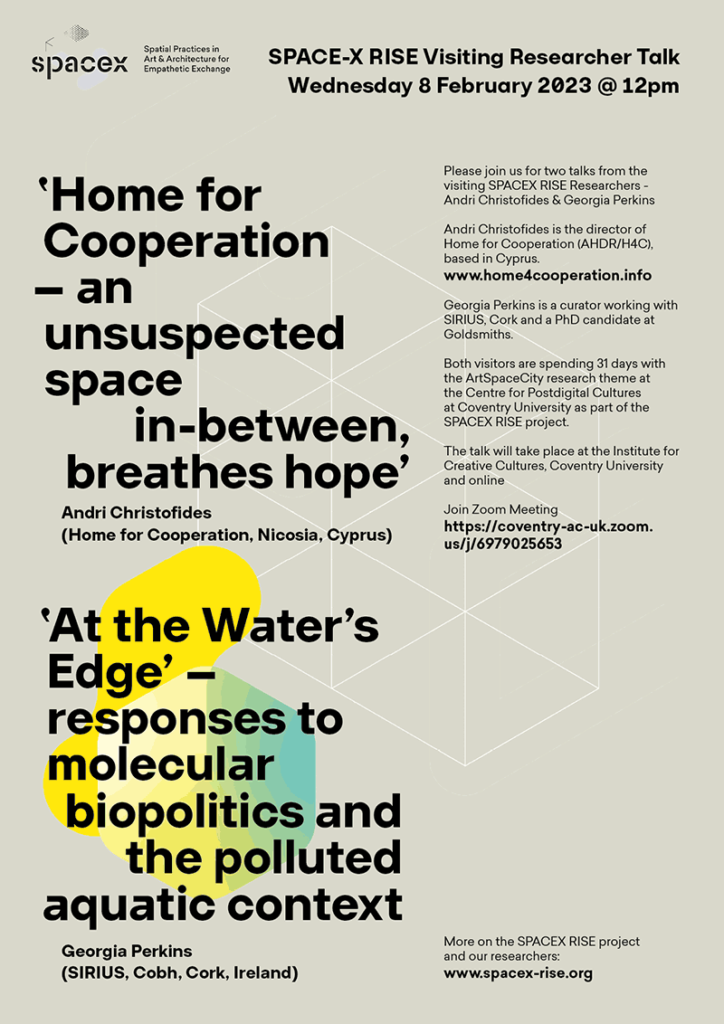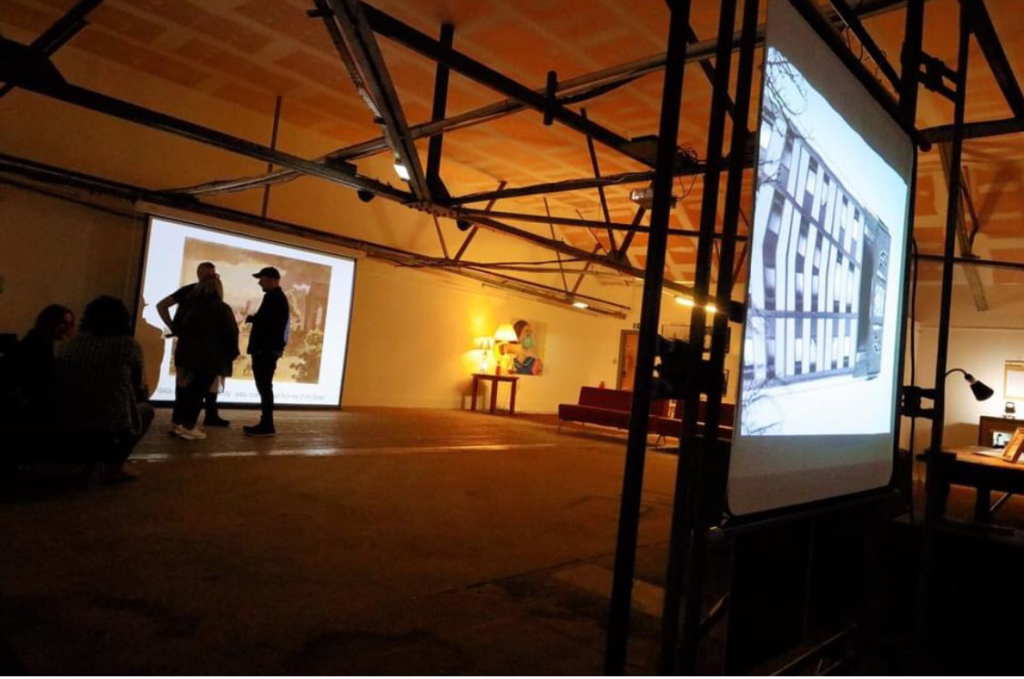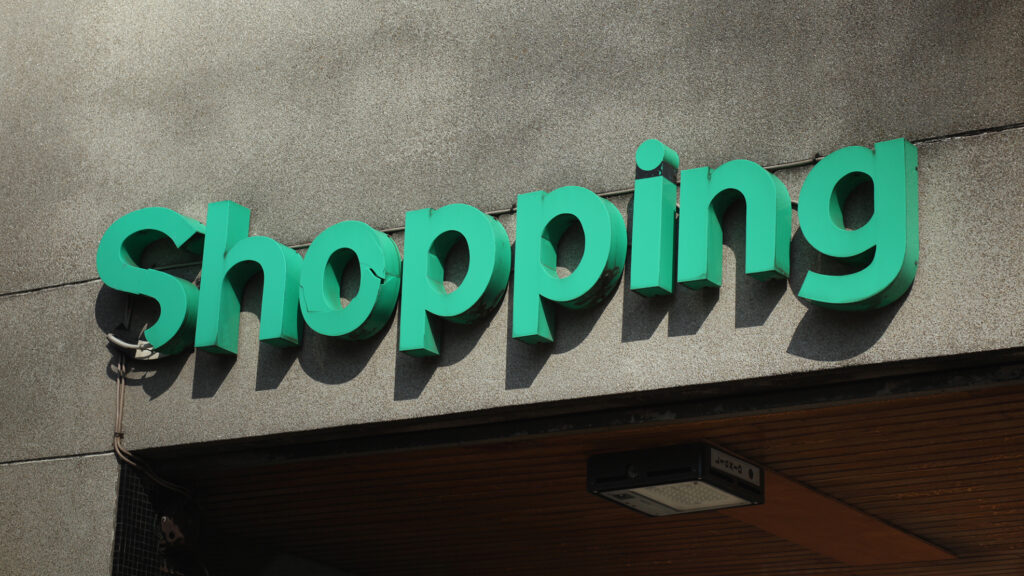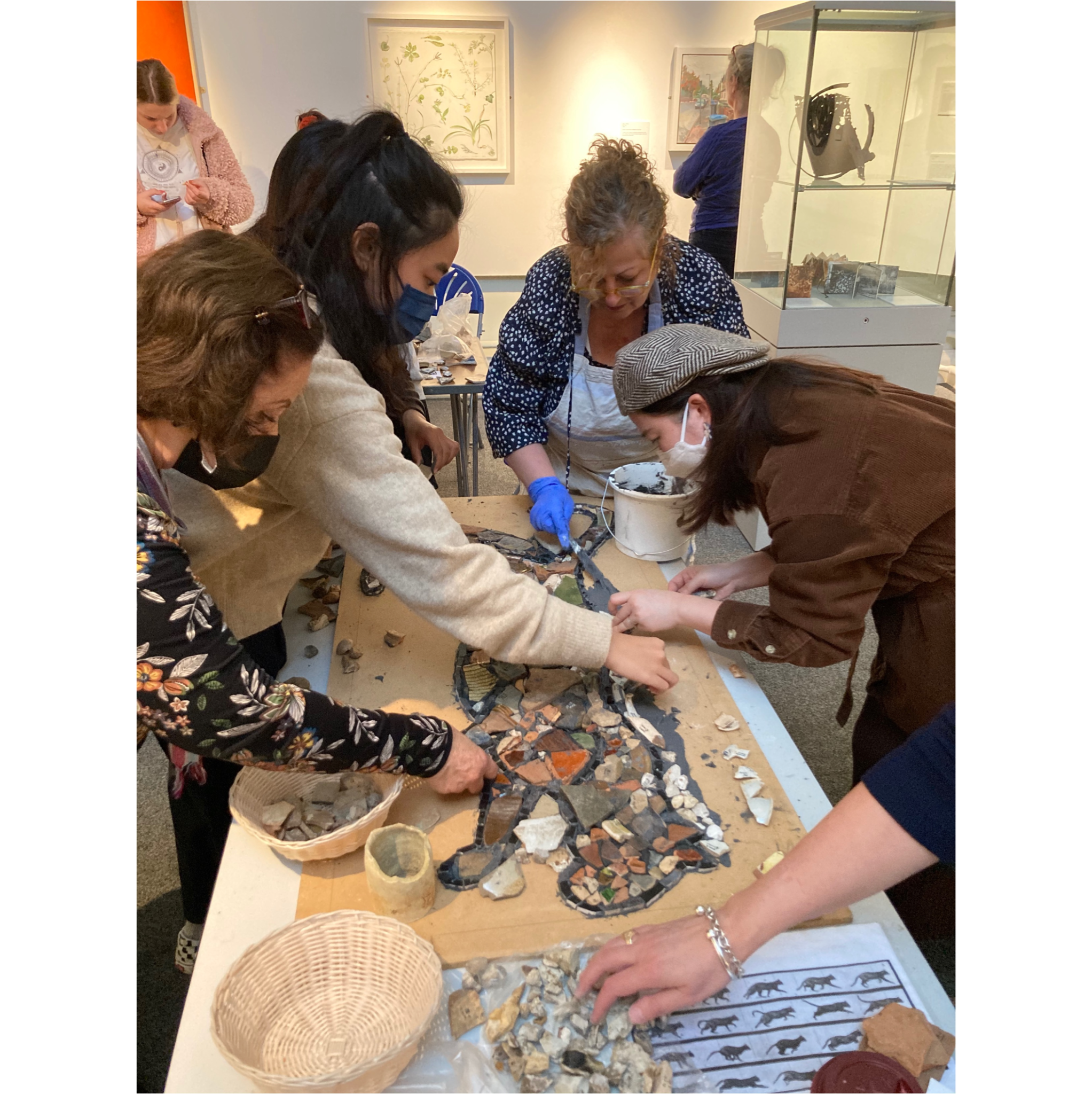News
THE WALK, THE PARADE, THE PAVILION AND THE STICKER
A Performative Walk & Risograph Sticker Printing Workshop & Exhibition by Barbara Holub and Jaspar Joseph-Lester From Van Abbe Museum to Onomatopee, Eindhoven
Walk: Saturday, Sept.16, 15:30 – 17:00
Meeting point: Van Abbe Museum,
Stratumsedijk 2, 5611 ND Eindhoven
Opening of the exhibition: Sept.16, 18:00
Exhibition: Sept.17-–Oct.8, 2023
Location: Onomatopee Project Space,
Lucas Gasselstraat 2a, 5613 LB Eindhoven
Walks, parades, maps and stickers function as powerful tools. They can unearth how physical and immaterial forces are interwoven, and act as a forensic exercise that reveals elements of unnoticed livelihood, traces of profound mutations, and poetic moments that stand as (in)visible markers of the life of a city.
The walk between Van Abbe Museum and Onomatopee refers to WE PARAPOM! European Parade of Apple Trees, a flagship project by Barbara Holub for the European Capital of Culture Chemnitz 2025 (2021-23), and will look at specific urban conditions of two post-industrial cities, Eindhoven and Chemnitz (former Karl-Marx-City). At first glance, these two cities don’t appear to have any obvious connections or similarities. However, through the process of walking, parading and mapping we will begin to understand how the silent and ephemeral forces that meet us on the street speak of the causal connections that bind these two cities together. Through the walk we will explore specific topics of urban and social issues and hidden poetic moments in the neighbourhood by addressing and involving the community in active and critical modes of seeing, documenting and mapping.
The performative walk will be followed by a Riso printing workshop at Onomatopee, where there will be an opportunity to design and print stickers inspired by the walk.
The Walk, The Parade, The Pavilion and The Sticker, is a zine published by Onomatopee. The publication focuses on the walk as an artistic method and addresses the ambivalence between a ‘walk’ and a ‘parade’. It accompanies the performative walk, along with the screening of the videos „Sky Pool“ by Jaspar Joseph-Lester and „More Opportunities“ by Barbara Holub.
For more information click here. If you would like to join, please email: [email protected] (subject: Walk 16/9 Onomatopee)
This program is free however there is limited space available.
The Walk, The Parade, The Pavilion and The Sticker is a project by Barbara Holub and Jaspar Joseph-Lester in collaboration with Van Abbe Museum and Onomatopee in the frame of SPACEX.
THE WALK, THE PARADE, THE PAVILION AND THE STICKER Read More »
SPACEX Training Event 3: Summary Report by Emma Mahony
There’s an Irish seanfhocial or old saying that goes ‘Ar scáth a chéile a mhaireann na ndaoine’. The English translation is ‘we live in each other’s shadow’. In other words, we rely on and need each other. Therefore, to survive the permacrisis that we and our planet faces, we must find new ways, or rediscover old ways, of living and being together. This overarching issue of our interdependence on each other, on other non-humans and on the planet shaped this two day symposium, and it also underscores the remit of the SPACEX research action.
The growing interest in commoning today comes from dissatisfaction, and often deep despair, with the status quo and the manner in which it suppresses social life. Unlike social movements that engage in protests actions from within the hegemonic coordinates of the neoliberal state, commoning is prefigurative. In other words, it seeks to create this better and more equitable future by actively testing out ‘in an embryonic way’ a world beyond capitalism. Commoners experiment with new collective and collaborative forms of living and being together, and by shaping new radical political subjectivities based around interdependence, mutuality and radical care. An essential component of the commons is the will to remain open to all. A commons can only continue to function as a commons as long as it remains open to all newcomers.
Over the course of the two days we discussed how artists, communities and cultural organisations variously engage in commoning practices and practices of radical care. We considered the differences between communities in the Global South that practice commoning as a means of escaping the ‘unlivable live’ neoliberalism has crafted, and how artists, academics and community organisations in the Global North internalise commoning strategies in their day-to-day lives and operations; and whether publicly funded organisations and artistic practices can be considered as commons?
Day 1 kicked off with An Introduction to Behavioural Economics by Kevin Denny (UCD SPACEX researcher). In this session, Denny discussed how psychological insights help explain economic decision making. He also touched on some of the key ideas that shape the field of behavioural economics including bounded rationality, heuristics, and the implications for pro-social behaviour that arise in terms of the ‘problems’ of the commons.
Session 2 saw the participants playing the cooperative boardgame World of Work designed and hosted by Michelle Browne (SPACEX Researcher, NCAD).
Working in teams of 6, the players worked together to deal with external forces, tech innovations and societal changes that assist or reduce job creation in a town like St Helens in the North of England. The aim of the game was to gather a number of social benefits such as housing, sustainable environment and basic income, to improve the lives of those who live in the town.
After lunch on Day 1 (provided by Luncheonette, a long term art project centred around hospitality and food, started by the artist Jennie Moran in 2013), Paul O’Neill (SPACEX Researcher, University College Dublin) led a discussion based workshop that focused on Counter-Mapping the Materiality of the Internet in Dublin City. Working in two groups, the participants critically reflected on our relationship with networked technologies, while considering more sustainable ways of communicating.
Session 4 was a walking tour of Dublin’s ‘The Liberties’ led by Seoidín O’Sullivan (SPACEX researcher NCAD) and Anthony Freeman an artist, beekeeper and community worker who co-founded In Our Shoes is an award winning walking tour charity. https://citiesgovernancesustainability.eu/current-projects/urban-grit/.
After supper, the participants moved onto Project Arts Centre for a tour of the exhibition Being Horizontal / Sínte (curated by Nora Heidorn). The tour was led by Sara Greavu (SPACEX Researcher, Project Arts Centre). In contrast to the standard enlightenment representation of the human body as a singular, upright, able-bodied man, gazing forward, this group exhibition paid caring attention to reclined bodies and to bodies inclined towards each other, favouring a model of the human as interdependent and reliant.
The evening ended with a Performance of Manifest also at Project Arts Centre, which forms part of What Does He Need? – a long term collaborative project by Fiona Whelan (SPACEX Researcher, NCAD), Brokentalkers, Rialto Youth Project and a Dublin city network of individuals and organisations.
Manifest was a frank and unflinching performance exploring the current state of masculinity. Taking the form of a workshop, a group of men were facilitated in a conversation about what it means to be a man.
The second day, which saw the symposium opening out attendance to NCAD staff and students and invited guests, began with Theories of Commoning. This event interrogated some of the ‘theories of commoning’ that emerge in the writings of two contemporary theorists of the commons. Stavros Stavrides (SPACEX Researcher, LUC) explored the ‘Emancipatory Potentialities of Urban Commoning’ with a focus on Latin America’, and Gary Hall (SPACEX Researcher, CU) interrogated ‘The Commons as Coming Together of Those with Nothing in Common’.
This was followed by Elevenses for the “Hungry Months” hosted by Gareth Kennedy (SPACEX Researcher, NCAD), and Students from NCAD FIELD. Since 2020, Gareth has been charged with running the Studio+ NCAD FIELD module in a derelict brown field site beside the College which is in the process of being reappraised as a Novel Ecology. FIELD students served the participants pancakes cooked on a reclaimed manhole cover over a camp fire and also offered tours of the site.
The third event of the day saw participants move to NCAD Gallery for Principles of Space Detection a
performance by Irina Gheorghe that focused on how processes of obstruction, deception and camouflage shape interactions between members of the same social group, and between a society and what it perceives as alien to it. This event was curated by Anne Kelly (SPACEX research, NCAD)
After lunch, Susanne Bosch led The 60 min Commoning ParKour: An embodied commoning experience in the concourse at NCAD. The ParKour involved “seeing” and experiencing the environment in a new way and imagining the possibilities for movement in, with and around it.
The afternoon sessions focused on Commoning as Care Practices. Part 1 saw representatives of cultural organisations Rosie Lynch, Callan Workhouse Union, and Siobhan Geoghegan, Common Ground discuss the role that cultural organisations embedded in local communities play in the development of inclusive and empowered communities capable of producing collective responses to issues of spatial and social justice, care, housing development, climate change, ecology and the urban environment.
Part Two explored how the practices of artist’s Evelyn Broderick, The People’s Shed and Fiona Whelan (SPACEX researcher, NCAD) are embedded in local communities and they role they play in the development of inclusive and empowered communities. The People’s Shed, established by Broderick during her residency in studio 468, is a space for the sharing of skills and social knowledge through collective making. Dr. Fiona Whelan’s practice explores and responds to systemic power relations and inequalities through long-term cross-sectoral collaborations with diverse individuals, groups and organisations.
The symposium drew to a close with an introduction to Our Table by Ellie Kisyombe, co-founder, who discussed how thi ssocial enterprise focuses on producing an inclusive community through multi-cultural food and campaigning to end direct provision in Ireland. This was followed by a delicious feast laid on by Our Table whileparticipants in The People’s Shed led a live Trad music session
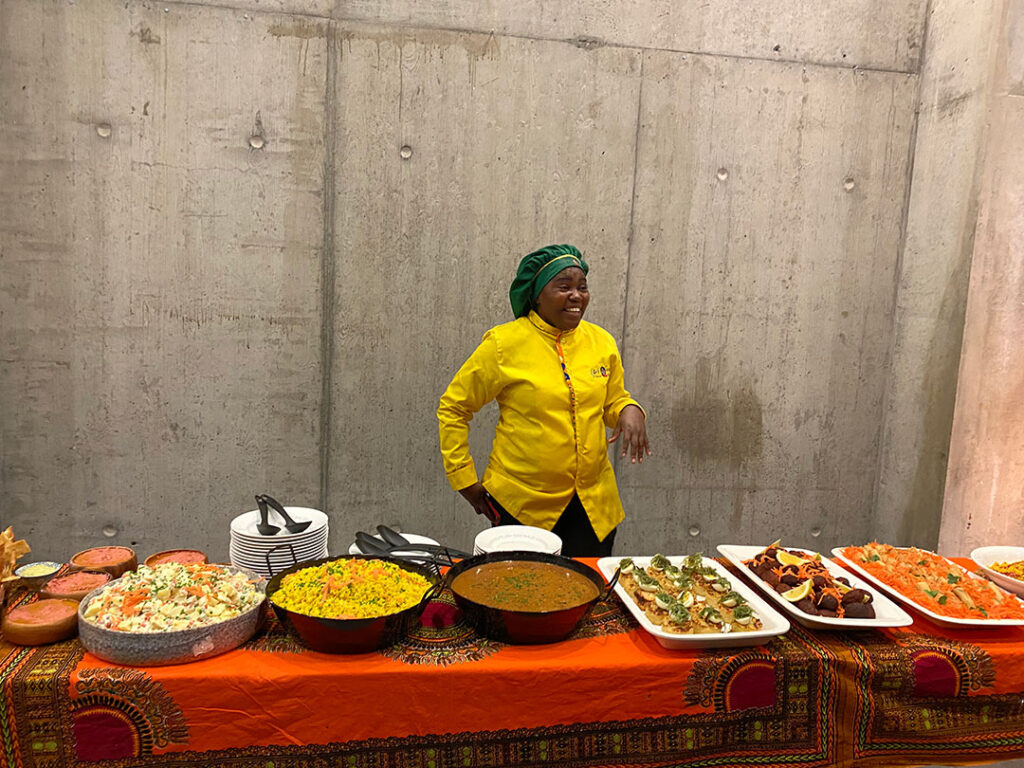
SPACEX Training Event 3: Summary Report by Emma Mahony Read More »
